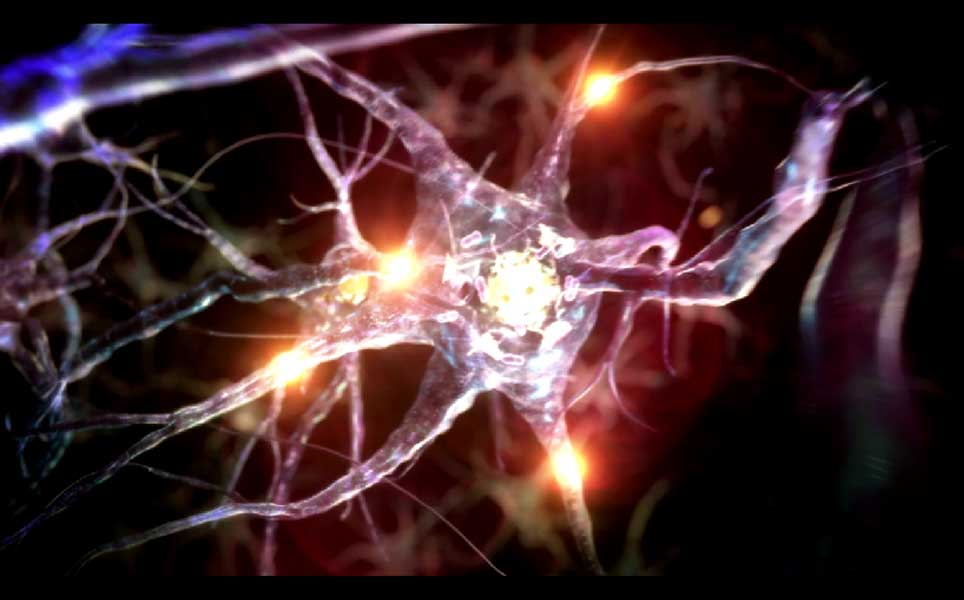

Depression Treatment with qEEG-Guided Neuromap: A Precision Approach to Mental Health Recovery
Millions of people around the globe experience depression which manifests as a complex neuropsychiatric disorder affecting mood, cognitive functions as well as energy levels and physical health.
Traditional depression treatments like medication and psychotherapy help many people but they usually do not target the disorder’s neurological origin. The latest developments in qEEG and AI-driven Neuromap analysis now enable doctors to treat depression with precision through personalized methods which help patients who found little success with traditional treatments.
qEEG-guided Neuromap technology delivers biomarker-based objective brain function analysis while identifying exact neural dysregulations that cause depression symptoms in patients. Through its data-driven approach neuromodulation treatments like Transcranial Magnetic Stimulation (TMS) and Transcranial Direct Current Stimulation (tDCS) receive precise targeting which enhances treatment success and accelerates symptom relief while producing enduring outcomes.
The Many Faces of Depression: Understanding Its Variants and Neurological Impact
Depression represents multiple distinct disorders that differ in severity levels, time frames, and neurological origins. While Major Depressive Disorder (MDD) stands as the most recognized form of depression there are additional subtypes such as persistent depressive disorder alongside treatment-resistant depression bipolar depression and seasonal affective disorder which demand individualized treatment plans because of their distinct neural traits.
Major Depressive Disorder (MDD): The Classic but Complex Condition
Major Depressive Disorder presents itself through enduring sadness and disinterest in daily activities alongside cognitive disruptions which persist for two weeks or more. Multiple neuroimaging studies demonstrate that patients diagnosed with MDD show excessive amygdala activation alongside weakened prefrontal cortex connections and irregular serotonin and dopamine signaling.
qEEG scans of depressed individuals commonly show
– Patients with MDD demonstrate decreased beta wave activity in the left dorsolateral prefrontal cortex (DLPFC), which plays a key role in executive function and emotional regulation.
– Frontal regions show excessive theta and delta activity which aligns with symptoms of low energy levels, brain fog and slower cognitive processing.
– Hyperactive connections within the amygdala cause intense emotional responses alongside ongoing sensations of fear and guilt or continued feelings of hopelessness.
Selective serotonin reuptake inhibitors (SSRIs) as traditional treatments focus on correcting neurotransmitter imbalances yet prove ineffective at resolving fundamental neural dysregulation which leads to incomplete symptom relief and frequent relapses. Neuromap analysis directed by qEEG creates a precise neural map which enables neuromodulation therapies to target and correct these imbalances at their root causes.
How qEEG-Guided Neuromap Enhances Depression Treatment
qEEG’s application in depression treatment surpasses basic symptom control to offer deeper therapeutic interventions. Neuromap technology enables clinicians to identify individual neural dysregulations by providing accurate assessments of functional connectivity between brain regions through real-time brainwave analysis. The collected data is utilized to create a personalized treatment plan that includes neuromodulation methods like Repetitive Transcranial Magnetic Stimulation (rTMS) and Transcranial Direct Current Stimulation (tDCS).
Individuals with treatment-resistant depression who have failed to respond to both medication and therapy demonstrate unique qEEG patterns characterized by
– When patients show a lack of normal prefrontal alpha activity their condition includes low motivation along with trouble concentrating and experiencing anhedonia .
– Increased frontal activity in the right hemisphere corresponds with enhanced rumination and negative thinking patterns.
– People with severe fatigue and psychomotor retardation show abnormal delta wave synchronization .
Neuromap’s mapping approach enables precise neuromodulation therapy to target dysfunctional brain areas while avoiding general treatment methods that often fail specific depression subtypes.
The Future of Depression Treatment: Why qEEG-Guided Neuromodulation is the Gold Standard
Depression functions as a diverse condition which results in every patient showing their own distinct set of symptoms along with cognitive difficulties and neural dysfunctions. Through qEEG-guided Neuromap analysis psychiatry connects directly with neuroscience to deliver a scientifically validated personalized treatment which exceeds traditional methods in both precision and effectiveness.
By combining real-time brainwave mapping with AI-driven analysis and personalized neuromodulation therapies healthcare providers deliver optimal treatment for every patient’s unique neural characteristics. qEEG-guided rTMS and tDCS treatments deliver immediate symptom relief without invasive procedures and produce sustained improvements which is unlike medication-based methods that require weeks for results and frequently cause fatigue and emotional blunting side effects.
The future of depression treatment advances with biomarker-based diagnostics combined with neuromodulation technology toward a uniquely data-driven personalized approach which maximizes mental health results like never before . The groundbreaking change in psychiatric treatment extends beyond symptom control to focus on cognitive and emotional restoration through precise interventions backed by scientific evidence.
